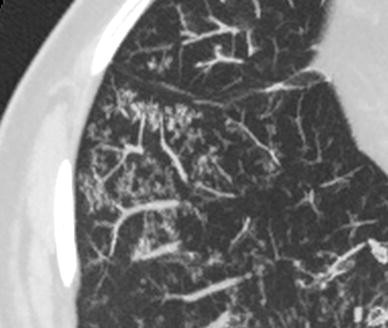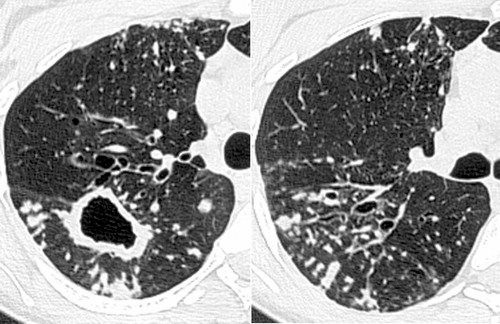tree in bud nodules
However to our knowledge the relative frequencies of the causes have not been evaluated. It consists of small centrilobular nodules of soft-tissue attenuation connected to multiple.
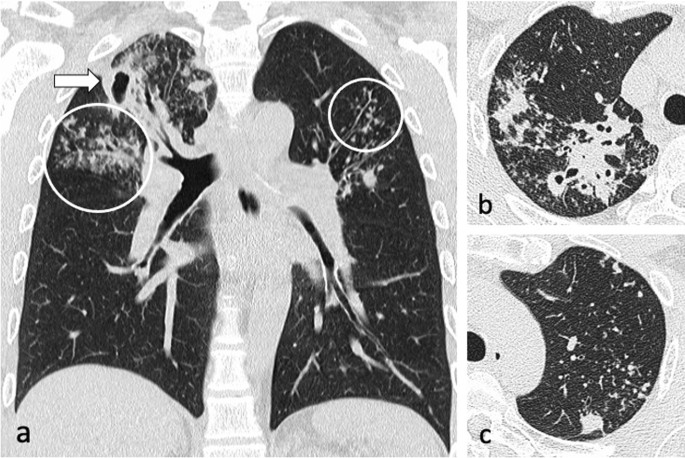
Active Pulmonary Tuberculosis Something Old Something New Something Borrowed Something Blue Insights Into Imaging Full Text
It consists of small centrilobular nodules of soft-tissue attenuation connected to multiple.
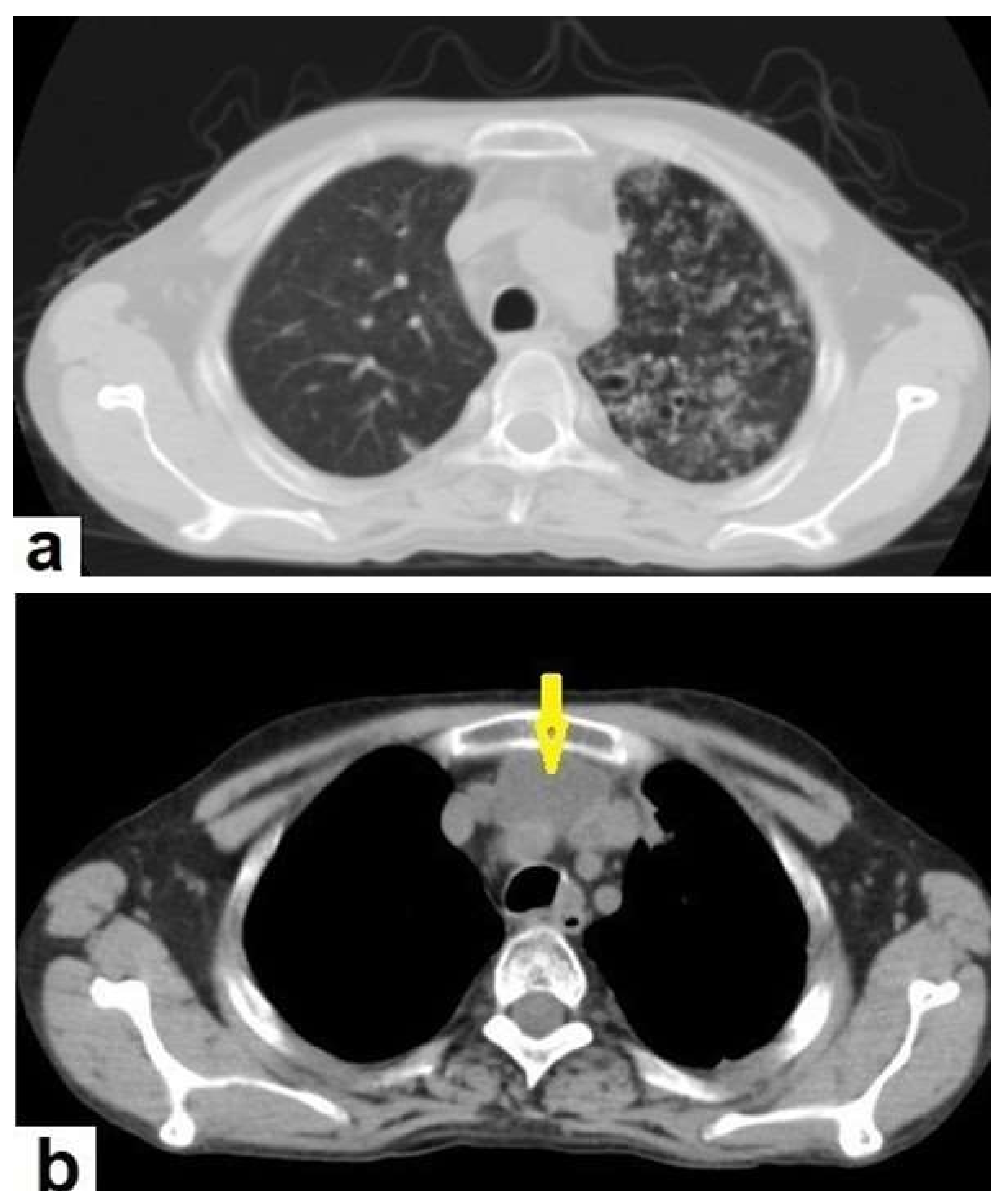
. Tree-in-bud sign refers to the condition in which small centrilobular nodules less than 10 mm in diameter are associated with centrilobular branching nodular. The centrilobular nodules have a branching configuration and appear to arise from a stalk otherwise known as a tree-in-bud pattern. The differential for this finding.
The tree-in-bud sign is a nonspecific imaging finding that implies impaction within bronchioles the smallest airway passages in the lung. Bhalla N1 Chang CF2 Lee C1. It consists of small centrilobular nodules of soft-tissue attenuation connected.
My CT scan says defined streaky opacity with associated loss volume and clustered tree in bud nodules have developed in the anterior segment of the upper left lobe. These are due to filling of the. Multiple causes for tree-in-bud TIB opacities have been reported.
11 Department of Radiology and. The tree-in-bud pattern is commonly seen at thin-section computed tomography CT of the lungs. Pathology Pathogenesis See more.
Another important entity that can produce the tree-in-bud pattern is. The tree-in-bud pattern is commonly seen at thin-section computed tomography CT of the lungs. 22 Division of Pulmonary Critical Care and.
Usually somewhat nodular in appearance the tree-in-bud pattern is generally most pronounced in the lung periphery and associated with abnormalities of the larger airways. Tree-in-bud sign or pattern describes the CT appearance of multiple areas of centrilobular nodules with a linear branching pattern. The differential diagnosis of tree-in-bud nodules includes infection and aspiration the two most common causes as well as congenital.
Although initially described in patients with endobronchial tuberculosis it is now recognized in a large number of conditions. The tree-in-bud pattern is commonly seen at thin-section computed tomography CT of the lungs. 3 found that the tree-in-bud pattern was seen in 256 of the CT scans in patients with bronchiectasis.
What types of diseases can present with this. Although initially described in patients. 87 rows the tree-in-bud sign reflects the presence of dilated centrilobular bronchioles with.
Special Considerations for Tree-in-Bud Nodules. Tree-in-bud sign or pattern describes the CT appearance of multiple areas of centrilobular nodules with a linear branching pattern. Tree-in-bud opacities appear as tiny centrilobular branching structures on CT most often in the lung periphery which resemble budding trees Figure 18-4.
What causes tree-in-bud nodules in lungs.

Pdf Tree In Bud Semantic Scholar

Tree In Bud In Centrilobular Nodules The Recognition Grepmed

A Man With Persistent Cough And Pulmonary Opacities Nejm Resident 360
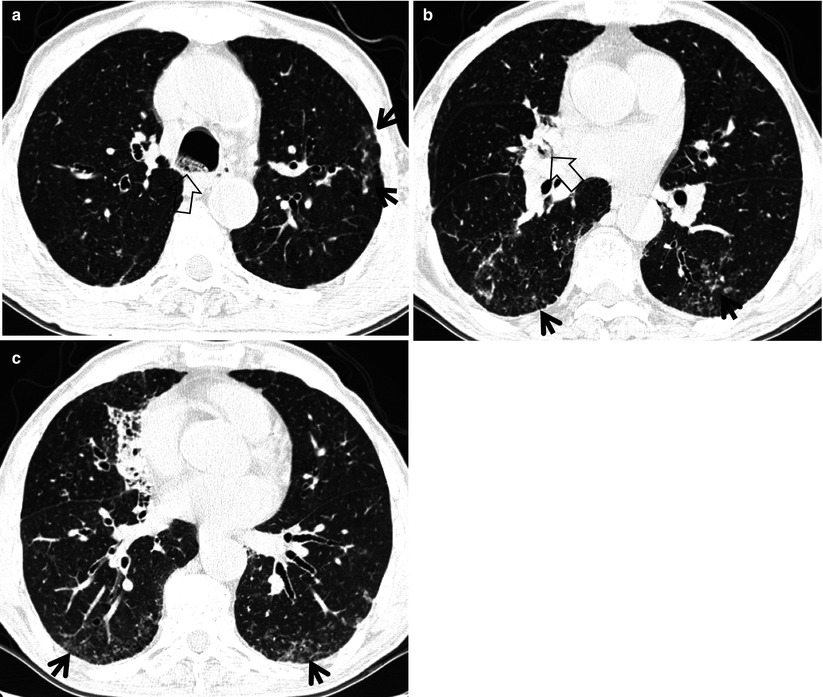
Tree In Bud Sign Radiology Key
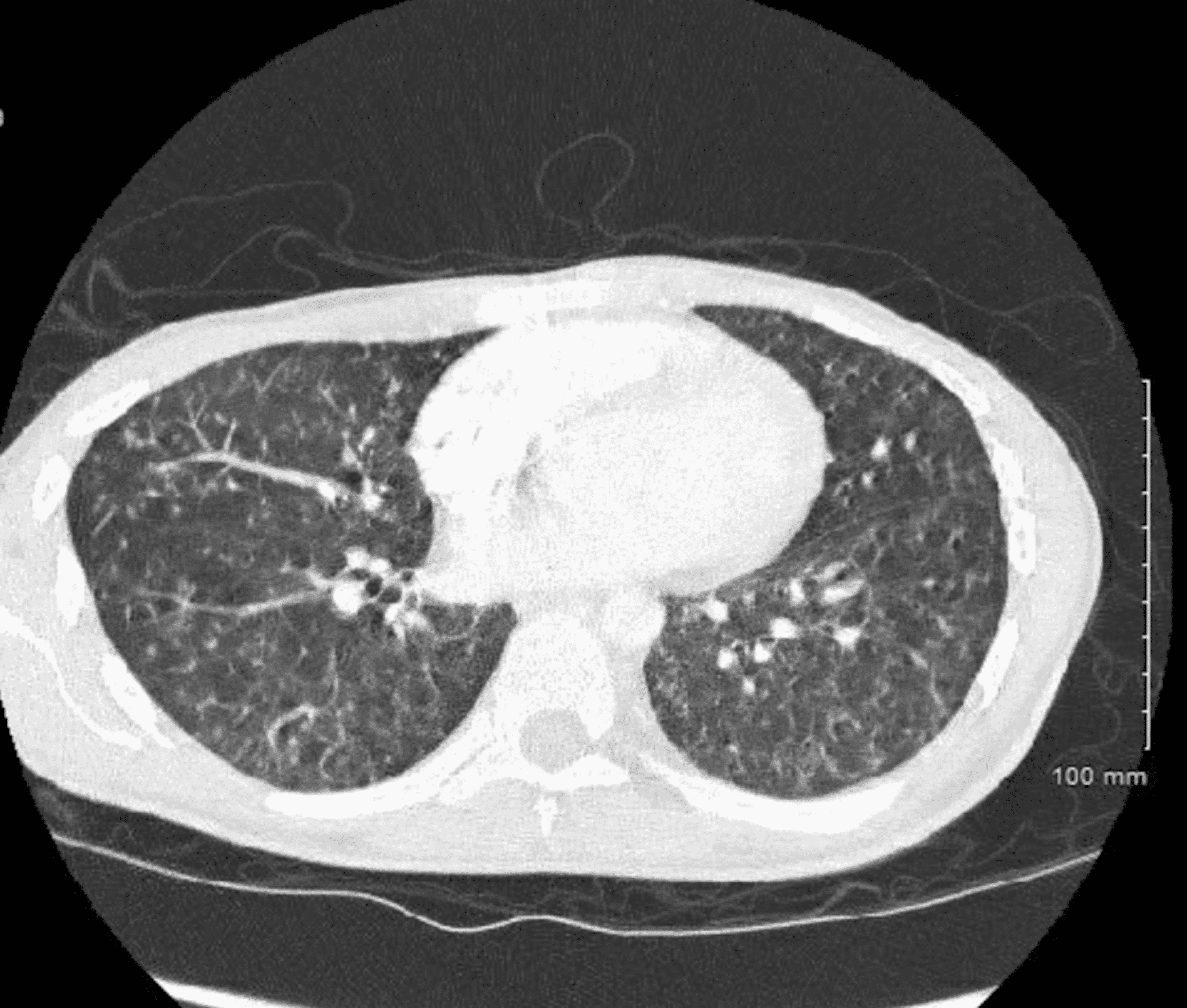
Cureus An Unexpected Encounter With Miliary Tuberculosis In A Young Man With A Remote Exposure History
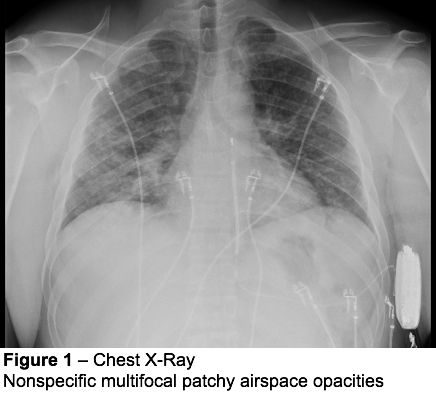
It Is Not Always Tuberculosis Tree In Bud Opacities Leading To A Diagnosis Of Sarcoid Shm Abstracts Society Of Hospital Medicine

Tree In Bud Pattern Differential Diagnosis Radiologypics Com
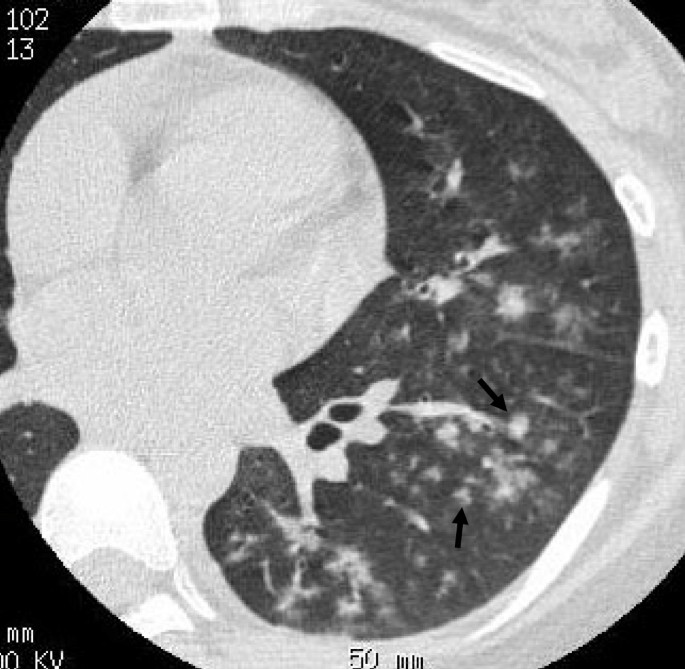
Radiographic Features Of Mycoplasma Pneumoniaepneumonia Differential Diagnosis And Performance Timing Bmc Medical Imaging Full Text
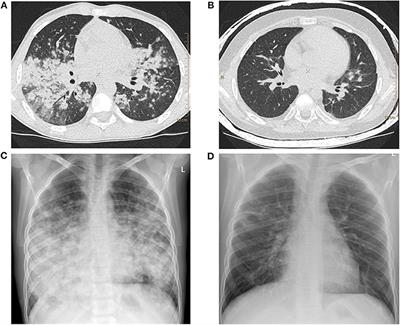
Frontiers Interstitial Lung Disease In Children With Selected Primary Immunodeficiency Disorders A Multicenter Observational Study

Tree In Bud Sign The Tree In Bud Sign Represents Endobronchial Grepmed
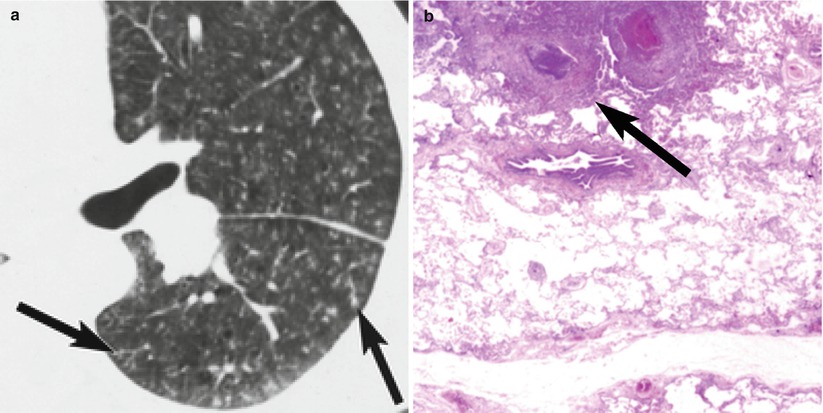
Tree In Bud Sign Radiology Key

The Radiology Assistant Hrct Common Diagnoses

On Radiology Ct Sign Of Tree In Bud Appearance

Kjr Korean Journal Of Radiology

Tree In Bud Pattern At Thin Section Ct Of The Lungs Radiologic Pathologic Overview Radiographics
